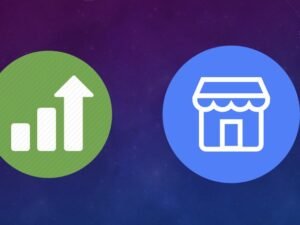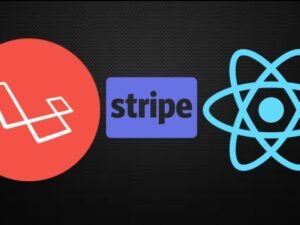- +91 844 9090 904
- info@maximumlearning.io
- Sector 62, Noida, 201309
- Description
- Curriculum
- FAQ
This course is an in-depth look at Python dictionaries.
Dictionaries are ubiquitous in Python. Classes are essentially dictionaries, modules are dictionaries, namespaces are dictionaries, sets are dictionaries and many more.
In this course we’ll take an in-depth look at:
-
associative arrays and how they can be implemented using hash maps
-
hash functions and how we can leverage them for our own custom classes
-
Python dictionaries and sets and the various operations we can perform with them
-
specialized dictionary structures such as OrderedDict and how it relates to the built-in Python3.6+ dict
-
Python’s implementation of multi-sets, the Counter class
-
the ChainMap class
-
how to create custom dictionaries by inheriting from the UserDict class
-
how to serialize and deserialize dictionaries to JSON
-
the use of schemas in custom JSON deserialization
-
a brief introduction to some useful libraries such as JSONSchema, PyYaml and Serpy
***** Prerequisites *****
Please note that this is a relatively advanced Python course, and a strong knowledge of some topics in Python is required.
Beyond the basics of Python (loops, conditional statements, exception handling, built-in data types, creating classes, etc), you should also have an in-depth understanding of the following topics:
-
functions and functional programming (recursion, *args, **kwargs, zip, map, sorted, any, all, etc)
-
lambdas, closures and decorators (including standard decorators such as @singledispatch, @wraps, etc)
-
iterables, iterators, generators and context managers
-
named tuples
-
variable scopes and namespaces (globals, locals, etc)
For this course you will also need to install some 3rd party libraries, so you need to be comfortable with doing this using the tool of your choice (e.g. pip, conda, etc)
Finally, most of the code in this course is illustrated using the freely available Jupyter Notebooks, so you will need that as well.
Associative Arrays - Theory!
Dictionaries
Coding Exercises
-
9Introduction
-
10Creating Dictionaries - Lecture
-
11Creating Dictionaries - Coding
-
12Common Operations - Lecture
-
13Common Operations - Coding
-
14Dictionary Views - Lecture
-
15Dictionary Views - Coding
-
16Updating, Merging, and Copying - Lecture
-
17Updating, Merging, and Copying - Coding
-
18Custom Classes and Hashing - Lecture
-
19Custom Classes and Hashing - Coding
Project 1
-
25Introduction
-
26Basic Set Theory
-
27Python Sets
-
28Creating Sets - Lecture
-
29Creating Sets - Coding
-
30Common Operations - Lecture
-
31Common Operations - Coding
-
32Set Operations - Lecture
-
33Set Operations - Coding
-
34Update Operations - Lecture
-
35Update Operations - Coding
-
36Copying Sets - Lecture
-
37Copying Sets - Coding
-
38Frozen Sets - Lecture
-
39Frozen Sets - Coding
-
40Dictionary Views - Lecture
-
41Dictionary Views - Coding
Serialization and Deserialization
Coding Exercises
-
44Introduction
-
45Pickling - Lecture
-
46Pickling - Coding
-
47JSON Serialization - Lecture
-
48JSON Serialization - Coding
-
49Custom JSON Encoding - Lecture
-
50Custom JSON Encoding - Coding
-
51Using JSONEncoder - Lecture
-
52Using JSONEncoder - Coding
-
53Custom JSON Decoding - Lecture
-
54Custom JSON Decoding - Coding
-
55Using JSONDecoder - Lecture
-
56Using JSONDecoder - Coding
-
57JSON Schema
-
58Marshmallow --> Archived
-
59PyYaml
-
60Serpy
Specialized Dictionaries
Coding Exercises
Python Updates
How long do I have access to the course materials?
You can view and review the lecture materials indefinitely, like an on-demand channel.
Can I take my courses with me wherever I go?
Definitely! If you have an internet connection, courses on Udemy are available on any device at any time. If you don't have an internet connection, some instructors also let their students download course lectures. That's up to the instructor though, so make sure you get on their good side!








